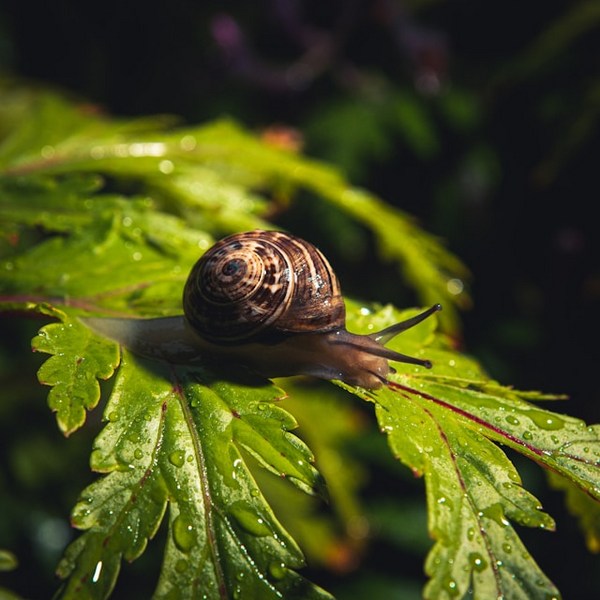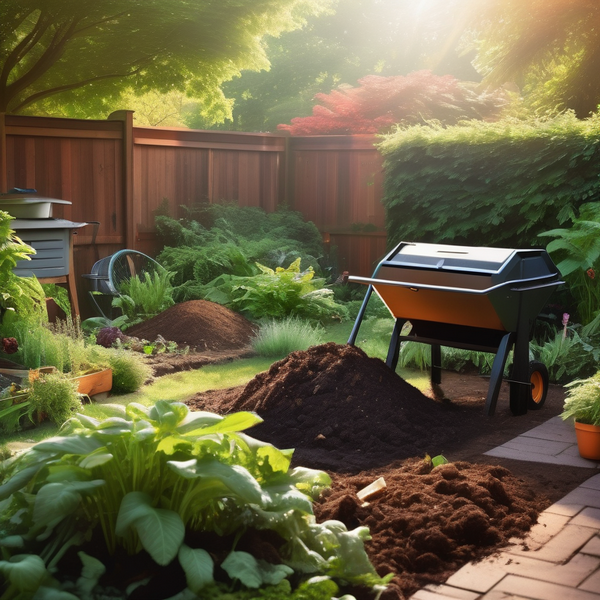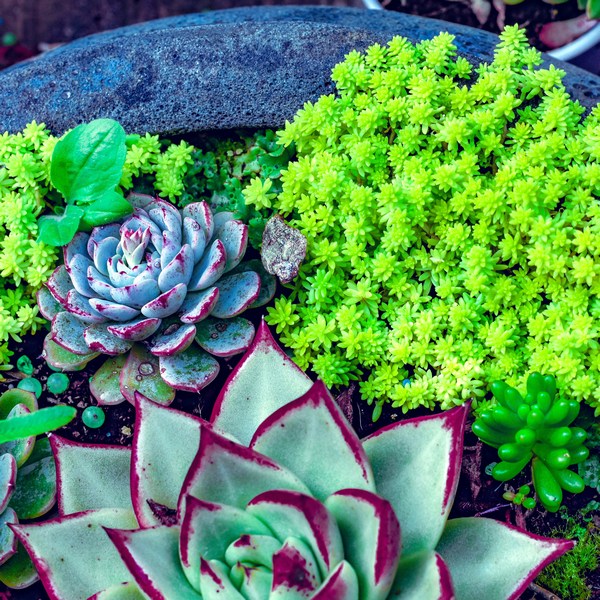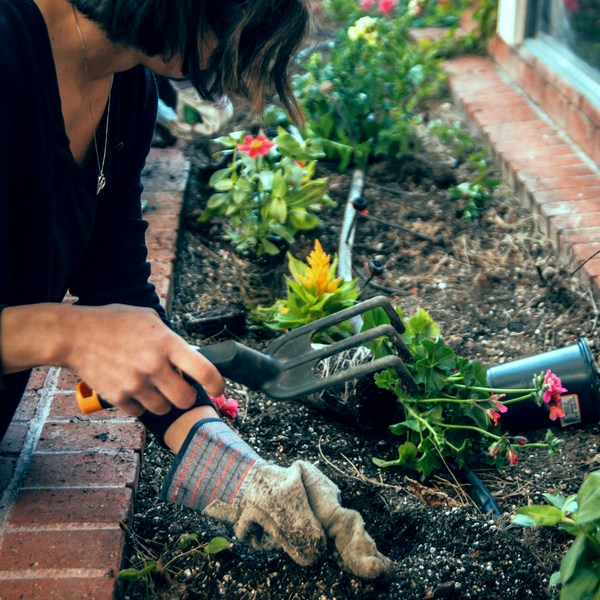Key Highlights
- Natural Techniques: Use composting, companion planting, and beneficial insects for fertility and pest control.
- Organic Methods: Grow plants without synthetic fertilizers or pesticides, emphasizing sustainable and harmonious ecosystems.
- Holistic Approach: Prioritize soil health and improve fertility using organic matter, avoiding synthetic chemicals.
- Soil Preparation: Focus on soil health by adding organic matter and creating a balanced ecosystem.
- Historical Context: Evolved as people saw negative impacts of synthetic chemicals on health and environment.
What is Organic Gardening?
Organic gardening grows plants without synthetic fertilizers, pesticides, or other chemicals. It focuses on maintaining a natural ecological balance.
Conventional gardening often relies on chemical inputs that can harm the environment. Organic gardening promotes sustainability and biodiversity.
It’s not just about avoiding pesticides and synthetic fertilizers but also about creating a balanced ecosystem in your garden.
Benefits of Organic Gardening

Environmental Benefits
Organic gardening significantly reduces chemical runoff into waterways. It supports soil health by encouraging the presence of beneficial organisms. Additionally, organic practices help in reducing the carbon footprint of gardening.
Health Benefits
Growing your own organic produce ensures you consume chemical-free food. It reduces exposure to potentially harmful pesticides. Fresh, homegrown fruits and vegetables are often more nutritious.
Economic Benefits
Organic gardening can be cost-effective in the long run. Initial investment in organic seeds and composting can save money on chemical fertilizers and pest control.
It also reduces the need for purchasing produce, as you can grow your own.
Basic Principles of Organic Gardening
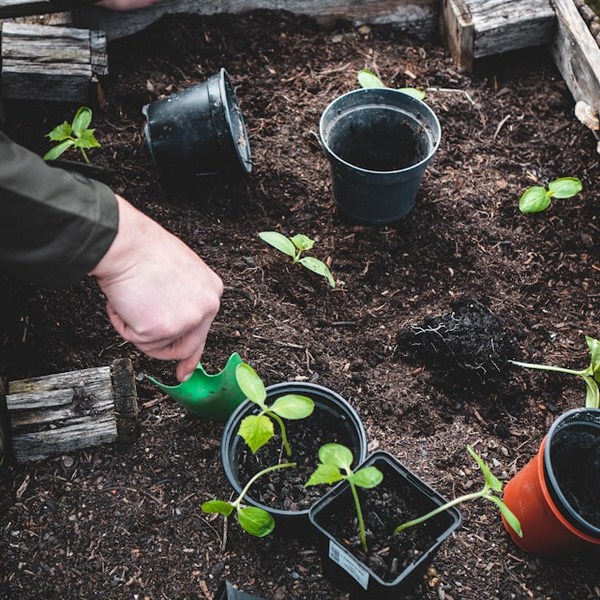
Soil Health and Management
Healthy soil is the foundation of organic gardening. Add compost and organic matter to improve soil structure. Rotate crops to prevent soil depletion and manage pests.
Biodiversity
Plant a variety of crops to promote a balanced ecosystem. Encourage beneficial insects like bees and ladybugs. Use companion planting to naturally deter pests.
Natural Pest Control
Avoid chemical pesticides that can harm beneficial insects. Use traps and barriers to protect plants. Introduce predators like ladybugs to control aphids naturally.
Preparing Your Garden
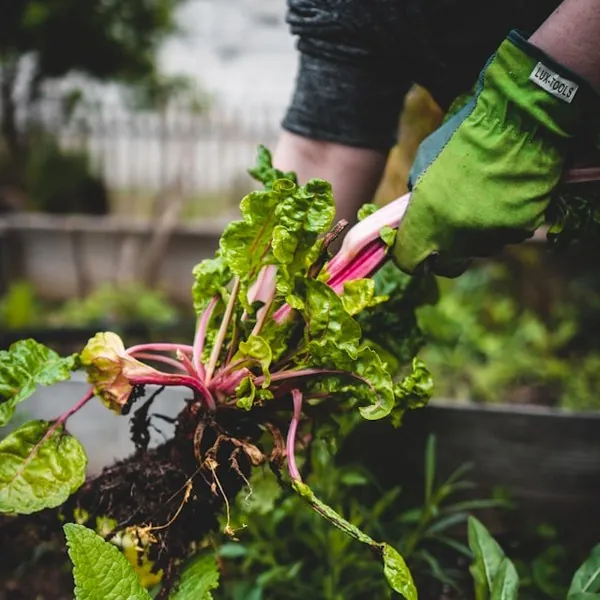
Selecting the Right Location
Choose a spot with ample sunlight, typically six to eight hours a day. Ensure the area has good drainage to prevent waterlogging.
Consider proximity to a water source for convenient irrigation.
Soil Testing and Preparation
Test your soil to understand its pH and nutrient levels. Amend the soil with organic compost to improve fertility. Avoid using synthetic fertilizers that can disrupt the soil’s natural balance.
Choosing Organic Seeds and Plants
Purchase seeds labeled as organic from reputable sources. Select plants that are well-suited to your local climate. Avoid genetically modified organisms (GMOs) to keep your garden truly organic.
Natural Pest Control Methods
Companion Planting
Companion planting involves growing certain plants together to naturally repel pests. For example, marigolds can deter nematodes and basil can keep aphids away from tomatoes.
This method enhances plant growth and pest control without chemicals.
Biological Pest Control
Introduce beneficial insects like ladybugs, lacewings, and predatory mites to your garden. These insects prey on common garden pests such as aphids and spider mites. Creating a habitat for beneficial insects helps maintain a balanced ecosystem.
Homemade Pest Repellents
Use natural ingredients to make your own pest repellents. Garlic spray, neem oil, and diatomaceous earth are effective against various pests. These solutions are safe for plants and the environment.
Organic Fertilizers and Composting
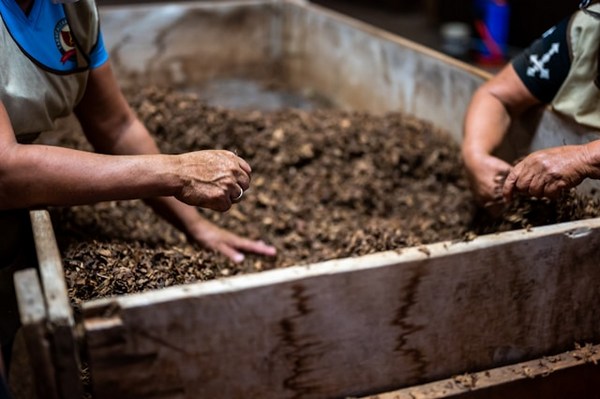
Types of Organic Fertilizers
Organic fertilizers like compost, manure, and bone meal provide essential nutrients. They improve soil structure and promote healthy plant growth. These fertilizers release nutrients slowly, ensuring long-term soil fertility.
How to Make Compost at Home
Collect kitchen scraps, garden waste, and leaves for composting. Ensure a balance of green (nitrogen-rich) and brown (carbon-rich) materials.
Turn the compost regularly to speed up decomposition.
Benefits of Composting for Soil Health
Compost enriches soil with organic matter and nutrients. It improves soil aeration and water retention. Composting reduces the need for chemical fertilizers.
Watering Techniques for Organic Gardens
Best Practices for Watering
Water plants early in the morning to reduce evaporation. Aim to water the soil, not the leaves, to prevent fungal diseases. Deep watering encourages roots to grow deeper, making plants more drought-resistant.
Mulching to Retain Moisture
Apply a layer of organic mulch, such as straw or wood chips, around plants. Mulch helps retain soil moisture and regulate temperature. It also suppresses weeds and adds organic matter to the soil as it decomposes.
Water Conservation Tips
Use rain barrels to collect and store rainwater for garden use. Drip irrigation systems deliver water directly to the plant roots, reducing waste.
Group plants with similar water needs together to optimize watering efficiency.
Weed Management in Organic Gardens
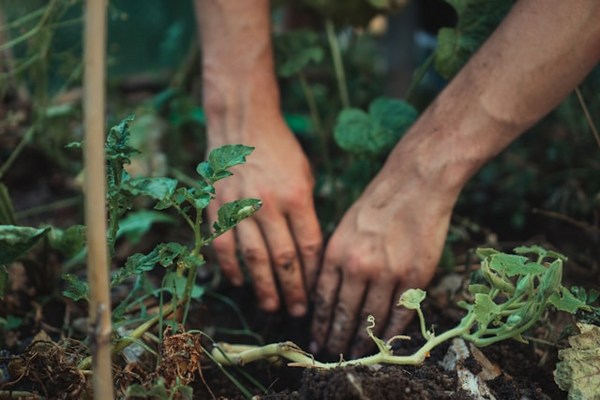
Manual Weeding Techniques
Hand-pull weeds regularly to prevent them from spreading. Use a hoe or weed puller to remove weeds without disturbing the soil too much. Focus on removing weeds before they set seeds.
Mulching to Prevent Weeds
Apply mulch around plants to block sunlight and prevent weed growth. Organic mulches like straw, leaves, and grass clippings are effective. Mulch also adds nutrients to the soil as it breaks down.
Natural Weed Killers
Use vinegar or boiling water to kill weeds naturally. Corn gluten meal can prevent weed seeds from germinating. These methods are safe and do not harm the environment.
Crop Rotation and Garden Planning
Benefits of Crop Rotation
Crop rotation involves changing the location of crops each year. It prevents soil depletion and reduces pest and disease buildup.
Rotating crops helps maintain soil fertility and health.
Planning Your Garden Layout
Plan your garden layout based on plant size, sunlight, and water needs. Group plants with similar requirements together. Ensure tall plants do not shade shorter ones.
Seasonal Planting Tips
Plant cool-season crops like lettuce and spinach in early spring or fall. Warm-season crops like tomatoes and peppers thrive in summer. Succession planting ensures a continuous harvest throughout the growing season.
Frequently Asked Questions (FAQs)
How do I start an organic garden from scratch?
Start by selecting a suitable location with ample sunlight and good drainage. Test and amend the soil with organic matter. Choose organic seeds and plants.
What are the best organic fertilizers?
Compost, manure, and bone meal are excellent organic fertilizers. They improve soil health and provide essential nutrients.
How can I control pests without chemicals?
Use companion planting and introduce beneficial insects. Make homemade pest repellents using natural ingredients.
What plants are best for organic gardening?
Choose plants suited to your local climate and soil conditions. Organic seeds and heirloom varieties are great choices.
How do I maintain soil health in an organic garden?
Add compost and organic matter regularly. Rotate crops and practice mulching.
Can organic gardening truly feed the world?
Yes, organic gardening can play a significant role in feeding the world. Organic methods also promote environmental sustainability and preserve natural resources, making it a viable solution for long-term food production on a global scale.
How to transition to organic gardening from conventional methods?
Transitioning to organic gardening from conventional methods requires a shift in mindset and practices. Start by eliminating synthetic chemicals and focusing on building healthy soil through the use of organic matter and compost. With time and dedication, you can successfully transition to organic gardening and reap the benefits of chemical-free produce and a sustainable garden.
9 Natural Ways to Repel Snails & Slugs in Your Garden
Quick Start Guide to Composting: Turning Waste into Gold
Key Highlights Composting transforms organic waste into nutrient-rich soil, reducing landfill waste and methane emissions. It enhances soil health, promotes plant growth, and cuts the…
Pollinator Friendly Gardens: Attract Butterflies & Bees
Key Takeaways Pollinators like butterflies and bees are essential for healthy gardens and ecosystems. A pollinator-friendly garden includes a variety of native plants that provide…
Xeriscaping 101: Easy Steps for Beginners
Key Takeaways: Xeriscaping focuses on water-efficient landscaping, reducing the need for irrigation. Native and drought-tolerant plants are key components of xeriscaping. Proper soil preparation enhances…
7 Physical Benefits of Gardening: Green Thumb, Healthy Heart
Key Highlights Gardening activities such as landscaping, planting, and maintaining plants can help reduce blood pressure and improve cardiovascular health. Regular gardening can help build…
Medicinal Plants: Your Healing Home Garden
Key Takeaways Growing medicinal plants at home provides easy access to natural remedies. Many medicinal plants are low-maintenance and thrive in home gardens. Common medicinal…
